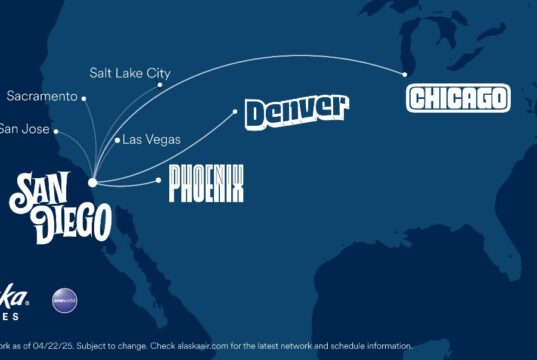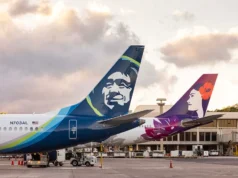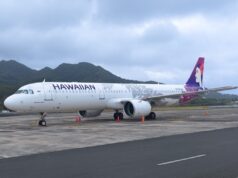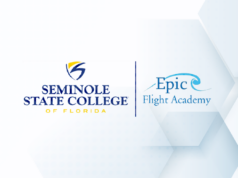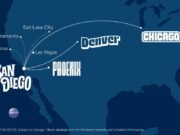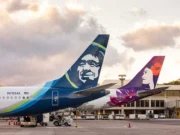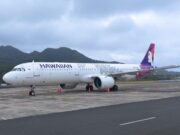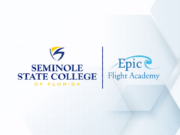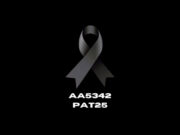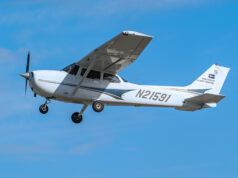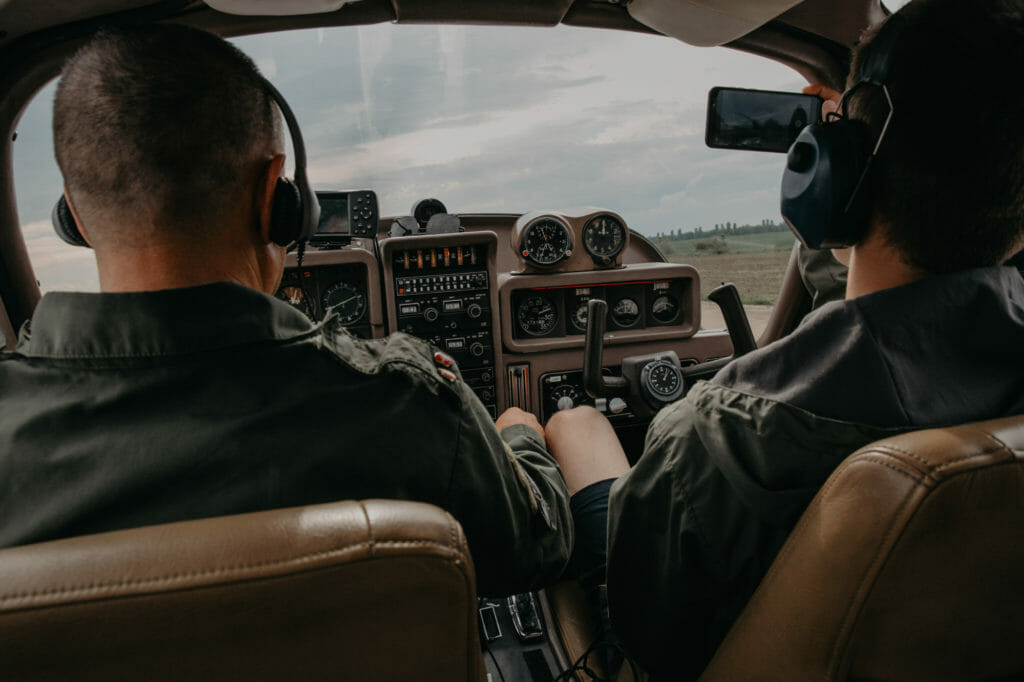
The other day, Professional Pilots of Tomorrow, a nonprofit organization dedicated to unbiased mentorship for which I volunteer, hosted a webinar on the state of the industry. One member of the audience asked the question, “Should I still learn to fly?” I thought that this question is, in a way, impossible to answer.
Think back to when you were a student pilot. Recall all the stress and confusion that comes with learning to fly while charting a career path. Now, superimpose that onto today’s current affairs where airplanes are considered a primary vector for spreading COVID-19 and airlines are hemorrhaging money. Jobs that were once in abundance are now scarce. International travel seems like a distant memory. Some airlines have closed their doors as whispers of furloughs grow louder.
Would you still learn to fly during these times? My answer would be a resounding Yes! Without hesitation, I can say yes because the all reasons why I learned to fly are still here, with or without COVID-19. So, before anyone decides if now is a good time to learn to fly or not, they must ask themselves what motivates this journey.
I began flying because I grew up around airports. When a plane flies over I look up. I still enjoy general aviation. The lifestyle pilots enjoy is unique. We can travel the world, enjoy different climates, experience new localities and still have more days off at home than most other jobs. I strongly believe our day-to-day work is more enriching than most other professions. I work with new people all the time, my office has a better view than any highrise and perfecting the art of flying takes constant study. Plus, I get to go outside every day. One of my most appreciated perks is that work doesn’t come home with me – once I clock out, I am free from all obligations.
Simply put, this career lets me experience life outside the normal 9-5 grind. COVID hasn’t changed that. Mind you, I love the airline I fly for, but that airline isn’t what generates my happiness. Even if it were to fold, I could be happy and fulfilled at another carrier. The pay, benefits and domiciles may change, but the reasons I began have not.
As I think about it, I believe it comes down to this – if you are becoming an airline pilot to become rich, you are playing a lottery. Many pilots do really well, others find that the career isn’t as lucrative as they initially thought. If you are joining an airline to have a stable, union job – maybe you should look elsewhere. Most airlines are unionized; however, this industry is extremely cyclical, and your seniority cannot protect you from a shutdown or deep furlough.
If you are looking to becoming a pilot because you want to live and work in the same city for 30+ years, maybe consider another field. Displacements, domicile closures, furloughs and bankruptcies all contribute to the one thing most pilots know well – commuting. We can live anywhere we want, but it is very likely that in a long career you will be forced to move or to commute to work, likely having an effect on your quality of life.
Many people have had long, successful careers with one airline, in one city. However, volatility, uncertainty and the cyclical nature of our industry are threats to our careers. The good news is that pilots can do things to mitigate the risk.
1) If you are learning to fly, don’t skip out on getting a degree, ideally in a field that interests you outside of aviation. I have flown with engineers, accountants and lawyers. I know many pilots who are real estate investors/landlords. Having a secondary career to fall back on can be useful when flying opportunities dry up. Many pilots are military reservists or belong to their state’s Nation Guard – positions they can rapidly assume if employment in the private sector disappears.
2) Maintain a strong network both inside and outside of aviation. Networking organizations like Professional Pilots of Tomorrow can help you learn about the various airlines in the industry while also affording you the opportunity to talk with pilots at that airline. Networking can lead to corporate jobs or small instructing gigs if you are on the market. Pay attention to industry changes even in good times.
3) Never think of your past employment as history. If you were a CFI, do not let the certificate expire. Multiple organizations offer a lifetime of free CFI renewals for one fixed price (usually $100-200). Pay for it and renew every two years. Likewise, no matter what route you chose, ensure that you don’t leave any job on bad terms. It is always nice to know your former flight school, charter company, or reserve unit will take you back if you are in a pinch.
4) Live within your means. We can earn a lot in the good years as airline pilots, with captains making well over a quarter of a million at the major airlines. Utilize your company’s savings plan, talk to financial advisors and budget yourself. I live a very comfortable life on well under a third of my salary. After a few years you should have a significant nest egg saved.
While this list is by no means exhaustive, these few items can help you sleep easier at night with your decision to become an airline pilot or to remain as one. Many of the people I fly with every day understand that this industry is cyclical and they are prepared for the inevitable by aligning their life using the steps I mention above. When you know you are prepared to weather the worst – a multi-year furlough, you won’t be nearly as fearful. When you are prepared, you will have arrived at the moment when you truly can enjoy this career.
Yes, I would still learn to fly if I were doing it all over again.







































































